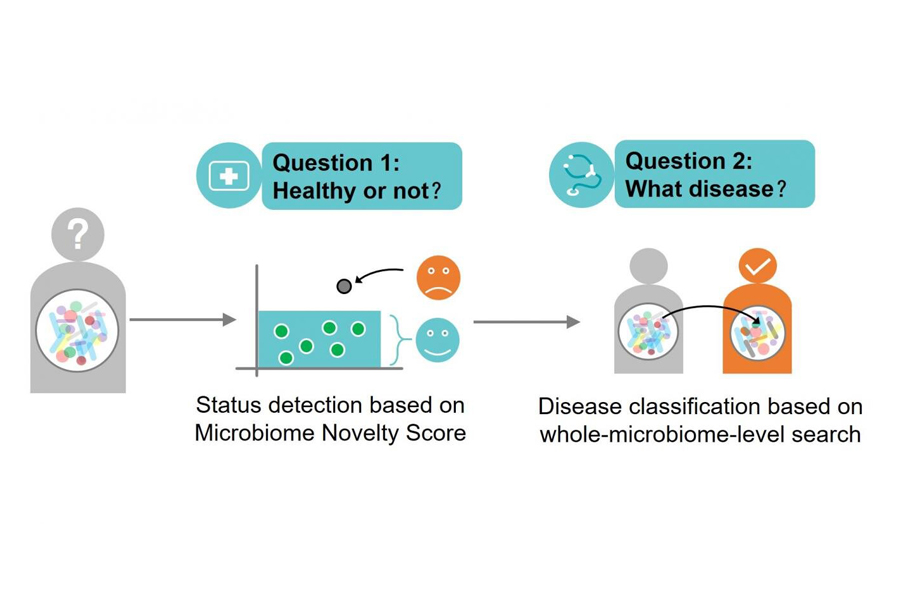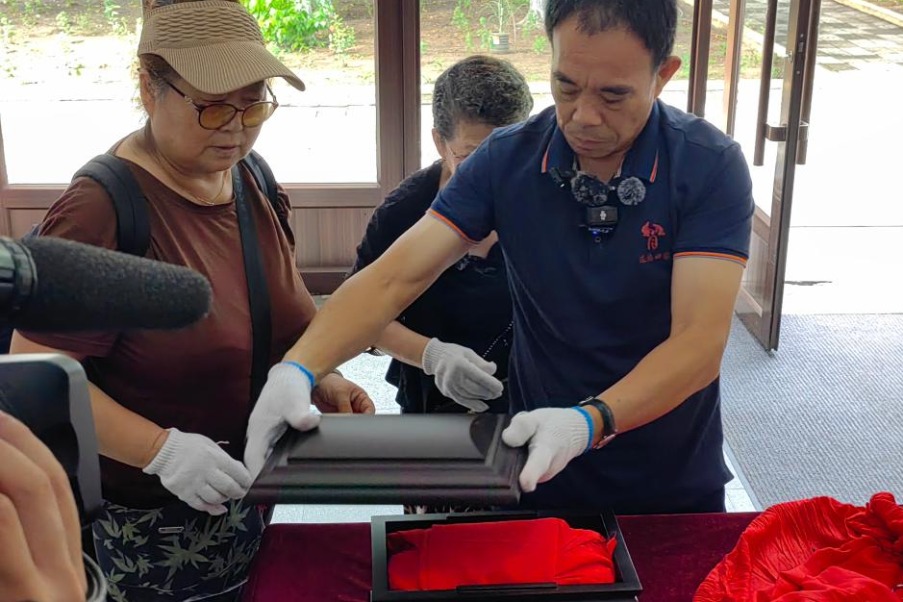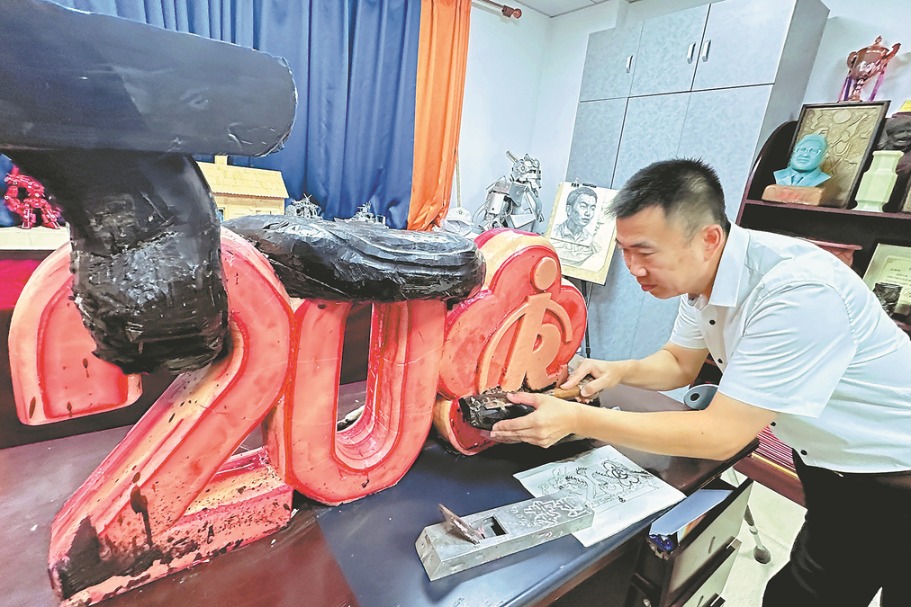Researchers develop microbiome search method to rapidly detect diseases


BEIJING - Researchers have developed a disease detection strategy based on a microbiome data search for rapid diagnosis.
The strategy can determine whether the microbiome samples being tested are healthy by figuring out the abnormal degree between them and the healthy samples in the database, as well as recognizing specific diseases by comparing the samples with the disease samples in the database.
More than 3,000 tests on intestinal flora samples showed that the strategy can detect multiple intestinal diseases with an accuracy above 80 percent. The detection can be completed within half a second.
The reference database of the strategy collects over 230,000 samples of intestinal, skin, oral, indoor environment, ocean and soil ecosystems.
The search-based strategy shows promise in building a microflora diagnosis system and intervention methods of chronic diseases or ecological disasters, according to the research article recently published in the journal mSystems.
The research was jointly conducted by the Qingdao Institute of BioEnergy and Bioprocess Technology under the Chinese Academy of Sciences and the University of California San Diego Center for Microbiome Innovation.
- Chinese researchers develop movable electrode for more advanced brain-computer interfaces
- China launches construction of high-precision telescope project on 'roof of the world'
- South China city reports over 1,700 Chikungunya cases
- Xinjiang starts building new expressway linking north and south
- Intl tourists captivated by traditional opera gala in Kunshan
- Training and transport jets showed at Changchun air show




































